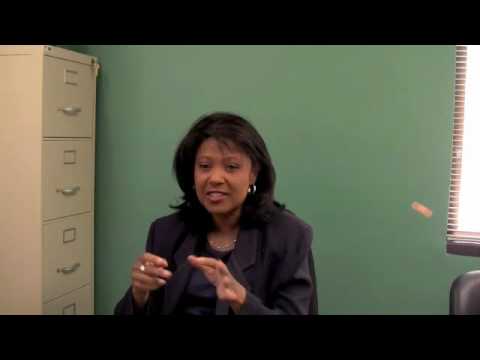CSUN’s National Center on Deafness will host its fourth annual Summer Institute June 21 through 30 on campus.
The event consists of a series of workshops for American Sign Language interpreters from CSUN and the surrounding community.
“It’s intensive skills building training for interpreters in a variety of topics,” said Shawn Clark, the coordinator of interpreting services for the National Center on Deafness (NCOD), who encourages both certified and uncertified interpreters to participate in the workshops.
Just because people have acquired a foreign language, like ASL, doesn’t mean they can properly interpret it, Clark said, adding that these workshops are helpful for people working toward National Interpreter Certification, a program that ensures properly trained interpreters.
“Over half of CSUN’s 111 interpreters are now certified,” Clark said. “That’s huge.”
Interpreters are important in helping our students transition from deaf studies to regular classes, said Dr. Roslyn Rosen, director of the NCOD.
CSUN has over 200 deaf students, 1000 sign language users, and the deaf studies department has 475 majors, Rosen said, which is why CSUN is the university with the third largest sign language community in the nation.
In addition, CSUN was the first University in the U.S. to offer professionally certified interpreters for deaf students, Rosen said. Before that, deaf students relied on volunteers or note takers, she said.
“The National Center on Deafness started the Summer Institute four years ago with the idea that the center needed some type of inside training,” Rosen said. “It started small and has grown a little each year.”
Adria Rhyne, NCOD project assistant, is in charge of this year’s registration.
Each workshop costs between $200 and $250 and interpreters can sign up for one or all of the workshops, Rhyne said.
Three of the originally scheduled workshops were recently cancelled due to financial reasons and the center is trying to keep registration for the remaining workshops open as long as possible, Rhyne said.
Four workshops will be offered at this year’s institute, Clark said. They are: Exploring Visual and Meaning Based American Sign Language, The NIC Interview and Professional Conduct (which prepares interpreters for their national certification test), Intensive Finger Spelling and Numbers in American Sign Language, and The Boundary Guided Interpreter.
Clark is teaching the latter.
“It’s a very frank and open discussion of the boundaries we need to obey as interpreters,” she said.
A lot of focus is put on the technical aspects of the job, but because we are in a people business, we need to carve out clear boundaries, Clark said. Sometimes interpreters are asked to assist people in more than translation and become personal assistants by helping with tasks such as using the bathroom, she said.
“We can’t do everything,” Clark said. “I’ve been in the field 28 years. In that time I’ve gotten a good idea of good professional boundaries.”
Along with skills development, these workshops provide an opportunity for interpreters already certified to gain continuing education credits, Rosen said, adding that currently about 40 people are enrolled.
“Enrollment is more this year than last year, but it is still less than what we want to see,” Rosen said.





